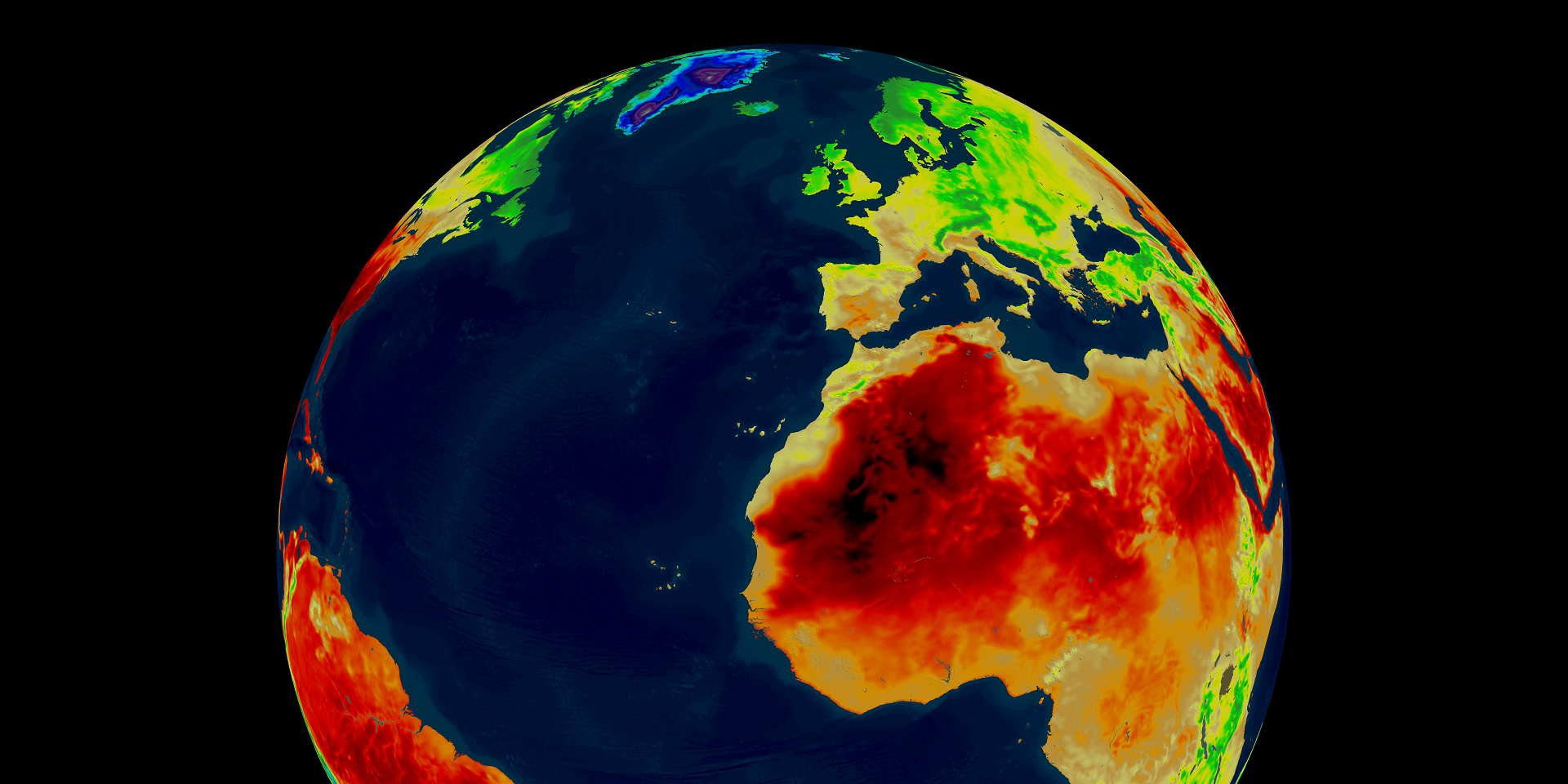One Minute Brief of the Day:
Create posters for the @metoffice & @COP26 to show people that the science is clear - climate change is happening and already having visible effects on the world & help decision makers be better informed to mitigate & adapt ahead of the #ClimateScienceConference
#MetOfficeCOP26 #TogetherForOurPlanet #GetClimateReady
BRIEF:
Create posters for the Met Office to show people that the science is clear - climate change is happening and already having visible effects on the world.
Do it in a visually exciting way while making it unique to the Met Office… and have fun!
Tweet your submissions to @OneMinuteBriefs, @metoffice and @COP26 with the hashtag #ClimateScienceConference
If you can, please also use the hashtags #TogetherForOurPlanet #MetOfficeCOP26 #GetClimateReady
PRIZES:
Winner receives a £200 CASH PRIZE
ENTRIES COULD ALSO BE FEATURED ON THE MET OFFICE SOCIAL CHANNELS & HAVE THE CHANCE TO BE BROUGHT TO LIFE IN THE FUTURE AS PART OF COP26!!!
CONTEXT:
Effects of climate change
Climate change is already having visible effects on the world. The earth is warming, rainfall patterns are changing, and sea levels are rising. These changes can increase the risk of heatwaves, floods, droughts, and fires.
A changing climate impacts crop growth and human health, while many people may need to leave their homes. It places certain species at an increased risk of extinction. The effects of climate change are real, and they are already happening.
Changes to the climate:
Warmer land, air and oceans
Since 1850, the global average surface temperature has increased by more than 1°C. The last five years (2016-2020) were the top five warmest since the pre-industrial period.
All of the UK’s ten warmest years on record have occurred since 2002.
Oceans also absorb around 25% of the carbon dioxide that humans release into the air. The oceans then become less alkaline, a process called 'ocean acidification'. Ocean acidification is bad because it can have negative effects on marine organisms, like coral and plankton, which are an important part of the food chain.
Melting ice
The ice in the Arctic is melting fast. It is already 65% thinner than it was in 1975, and if we do not reduce emissions soon, we could see ice-free summers in the Arctic by the middle of this century.
Glaciers are melting and have lost mass for 39 years in a row. This contributes to sea level rise and affects important ocean currents, like the Gulf Stream.
Arctic sea ice extent is declining by almost 12% per decade on average – equating to 87,000km2 (or an area greater than Scotland) per year.
Rising sea levels
Oceans absorb 90% of the extra heat generated by human influence. However, when water heats up, it expands to take up more volume. So, when oceans heat up, they expand too, causing the sea level to rise. We also have extra water flowing into the ocean from melting ice sheets and glaciers. Between 1902 and 2020, the global average sea level has risen by more than 20 centimetres.
Some parts of the planet, such as the north and south pole, warm more quickly than other places. At the poles, glaciers and ice sheets reflect energy from the sun into space. So, when there is less ice, less energy from the sun is reflected away. The area then heats even more quickly, causing even more ice to melt.
Mean sea level around the UK has risen by about 17 cm since the start of the 20th century.
More extreme weather
As the planet warms, heatwaves become more likely. Over the past few years, heatwaves have been the deadliest global weather hazard.
Warmer air can hold more water, so rainfall is increasing on average across the world. In some places, rainfall is becoming more intense as well. However, some areas receive less rain because of changes in wind patterns.
5 of the 10 wettest years in the UK (since 1862) have taken place in the 21st century.
Disruptive rainfall from the 2015 winter UK storms was made at least 40% more likely due to climate change.
Heatwaves like that of summer 2018 are now 30 times more likely to happen due to climate change.
UK snow events have declined since the 1960s.
More info here:
What is climate change?
https://www.metoffice.gov.uk/weather/climate-change/what-is-climate-change
Effects of climate change:
https://www.metoffice.gov.uk/weather/climate-change/effects-of-climate-change
Science behind climate change:
https://www.metoffice.gov.uk/weather/climate/science/the-science-behind-climate-change
DO’s
Use the Met Office colour palette and logo;
Keep it simple and impactful;
DONT’s…
No referencing of political policies;
Reference catastrophic weather events
Do not mock up any National Severe Weather Warning content using the Met Office logo
WINNING CRITERIA
Best posters will be unique and show that climate change is happening and that the science is clear. The best posters will clearly position us as weather and climate experts.
Social Links:
https://www.facebook.com/metoffice/
TikTok
https://www.tiktok.com/@metoffice
https://www.instagram.com/metoffice/
YouTube
https://www.youtube.com/metoffice
Snapchat
metoffice
Feel free to use Met Office logo in your entries. Note that the preferred positioning of this on graphics is in the top left.
Brand colour codes can be found below.








